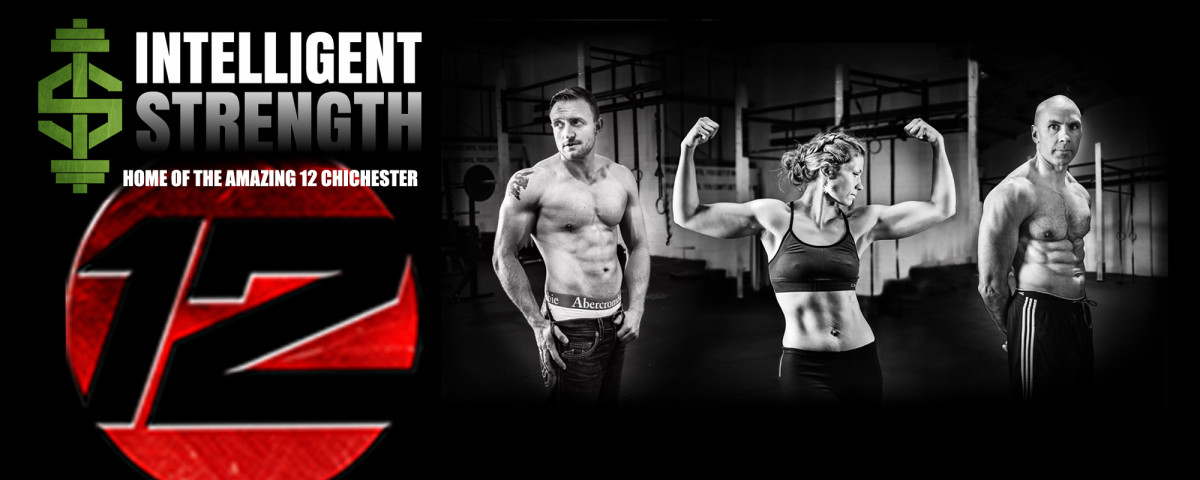
MY best friend and I, when we were much younger, used to play this game when things didn’t go according to plan. It was called “10 good things”.
How it went is that no matter how bad the situation or circumstance, we had to come up with 10 good things about it.
This game used to annoy the hell out of a girl I was seeing at the time. But in spite of the eye-rolling glances she used to give me, I’m grateful we discovered it. Yes, I could come up with 10 good reasons why!
It could be my friend’s influence or that game that’s helped me to see the proverbial cup more as half full than half empty.

Like anyone, I have my moments when the world seems bleak, but, thankfully, most of the time I’m optimistic rather than pessimistic, hopeful rather than in despair, searching for solutions rather than fixated with the problem.
The fact is that in life we’re going to be served with curve balls and sometimes demolition balls and we need to know how to deal with them. Avoiding or running away from them just isn’t always possible, realistic or even productive.
As I mentioned in my last blog on the Amazing 12 Chichester, Rich Evans suffered a knee injury in practically the last exercise he did during that week’s training at Core Results. He’s had surgery on the knee twice, first from when he played football over 20 years ago and then from playing tennis. He’s had to give up both.
Periodically, the knee has flared up and caused niggles here and there. But last week, as he started pushing the prowler, it ‘went’. He was stopped in his tracks and couldn’t continue, grimacing.
He had it checked out. It got better after a few days’ rest, but then Rich inadvertently caught his foot while walking and the sharp pain instantly returned. He felt as if he was back to square one.

Determined as he is, Rich still came to train as week 10 commenced. We did what we could. He could barely bend the left knee or put much weight on it. That’s a massive limiting factor. So he and I had to adapt.
It would be easy – and understandable – to want to give up. Rich admitted those thoughts ran through his mind. He had a mini-slump, when he felt the world on his shoulders.
But Rich is a resourceful guy. He’s a creative rather than reactive man. So he quickly pulled himself together, contacted people who could help diagnose the problem and started mapping out a road to recovery.

We continued training, modifying the program almost exclusively for the upper body. After his final session of the week, early in the morning on his 49th birthday, Rich said: “I actually feel really good after that. It was so good to know I could get a good workout without using my legs.”
The crux of the story is that we focus on what we CAN do rather than what we CANNOT. It’s the underlying thought that drives all these incredible athletes who compete in the Paralympics and events of that ilk. They can take on the role of victim or decide to make the best of what they have.
It’s like owning two pairs of glasses. Through one we see everything as impossible (can’t) and the other everything appears possible (can). The question is which glasses do we choose to wear.
Again, as I’ve written about a lot on this blog on the Amazing 12 Chichester, it’s a mindset thing. Yes, Rich’s injury is physical. But how we best cope with it is mental. Where we place our attention is mental.

Rich’s injury looks like cartilage wear. Until we have a clearer idea to the extent of the injury, Rich will be training mostly upper body from here on. We have no option.
It wasn’t a smooth week for Stacey Satta either. At least not to begin with. Her lack of sleep has continued to plague her. She missed two days training on week 9 and still looked shattered at the beginning of this week. I had to scale back parts of the program to compensate for her lack of recovery, meaning she’s not progressing as well as she could.
For two weeks her weight or body fat percentage hadn’t shifted much. And while Stacey has made massive progress from day 1, those numbers not changing has bothered her. The data is not surprising when you consider an estimated 60 per cent of our fat-burning occurs when we sleep and Stacey barely sleeps.

However, by the end of week 9 she was the same weight and body fat percentage as when she finished her first Amazing 12. The difference is that she’s much stronger. And that’s where she could place her attention.
Rich looks at her in amazement sometimes because shifting fat is his primary goal. However, as Dr Jade Teta, who specialises in knowing about metabolism, points out, women have an advantage. They burn 65 per cent more fat during exercise than men; they can process carbs by between 50-100 per cent times better than men and, finally, they produce almost double the fat-burning hormones than men do.
But Stacey’s fat-burning potential is reduced by (a) her lack of sleep and (b) potential to train optimally through being tired.

Nonetheless, just as we can focus what we can do rather than what we cannot, we can also reflect on what have HAVE achieved rather than what we HAVEN’T. Thus far, Stacey has accomplished a lot – in fact, an incredible amount considering her circumstances.
By the end of this week Stacey had rebounded from her slump. She admitted, “I’m really pleased with where I am so far, considering the sessions I’ve missed the the sleep problems.”
She put in two great sessions this week, in one back-squatting during a warm-up more weight for reps than she could manage as a maximum after the first Amazing 12! Then, when deadlifting, she topped what she achieved on the first Amazing 12 and, on a few occasions when she found her groove, looked at me in astonishment, saying, “that felt so easy.”

That was a lightbulb moment for Stacey – the realisation that with the right technique she could make deadlifting – or any other movement – feel simple and, because it appeared so effortless, she now knows her potential is much greater.
What we’re really talking about here is the difference between efficiency and inefficiency and the secret is to be consistently efficient.
In what was an up-and-down week for her, Stacey can either reflect on the tougher moments or her successes. I think I know which I’d go for.
Rich, for example, half-joked this week that when he said to me earlier in the program that his weight was going up, I replied that it was good as it signified he was putting on muscle. This week he said his weight was going down and I replied that it was good, because he was getting leaner.

“How can it be good when it’s going up and good when it’s going down?” he said.
My answer is that it’s always good, meaning that you have to find the good (or the positive) in everything. It’s about feeding ourselves with information that’s going to nourish and grow our confidence and not deplete it. It’s also about receiving feedback and using that feedback to improve us, not destroy us.
I could see Rich’s spirit was lower than usual after the injury. That was understandable. He’d invested a lot in his training. And, sure, getting injured is annoying, especially at this stage. But it’s not the end.
You know I like a mountain analogy, so here’s another. Climbing a mountain, you hurt yourself as you near the peak. Do you turn back and return to base camp or find a way to reach the summit?

If you turn back, you face frustration and disappointment. If you soldier on, finding a way to safely continue, you achieve a sense of accomplishment and sometimes even a greater sense of accomplishment from having overcome an impediment.
Life is going to continually present us with hurdles and unexpected challenges and we have to be ready for them. We need to be trained for them. Every time we soldier on, we are teaching and reminding ourselves that we CAN. We’re strengthening our resolve. We’re creating a habit. That’s progress.
Yes, the Amazing 12 Chichester is primarily about physical change. It’s about gaining strength, developing fitness, creating an optimal physique, but in reality, as Rich and Stacey are discovering, it is more far-reaching if we recognise all the opportunities for growth that come on the path to completing a dedicated program like this.






























































